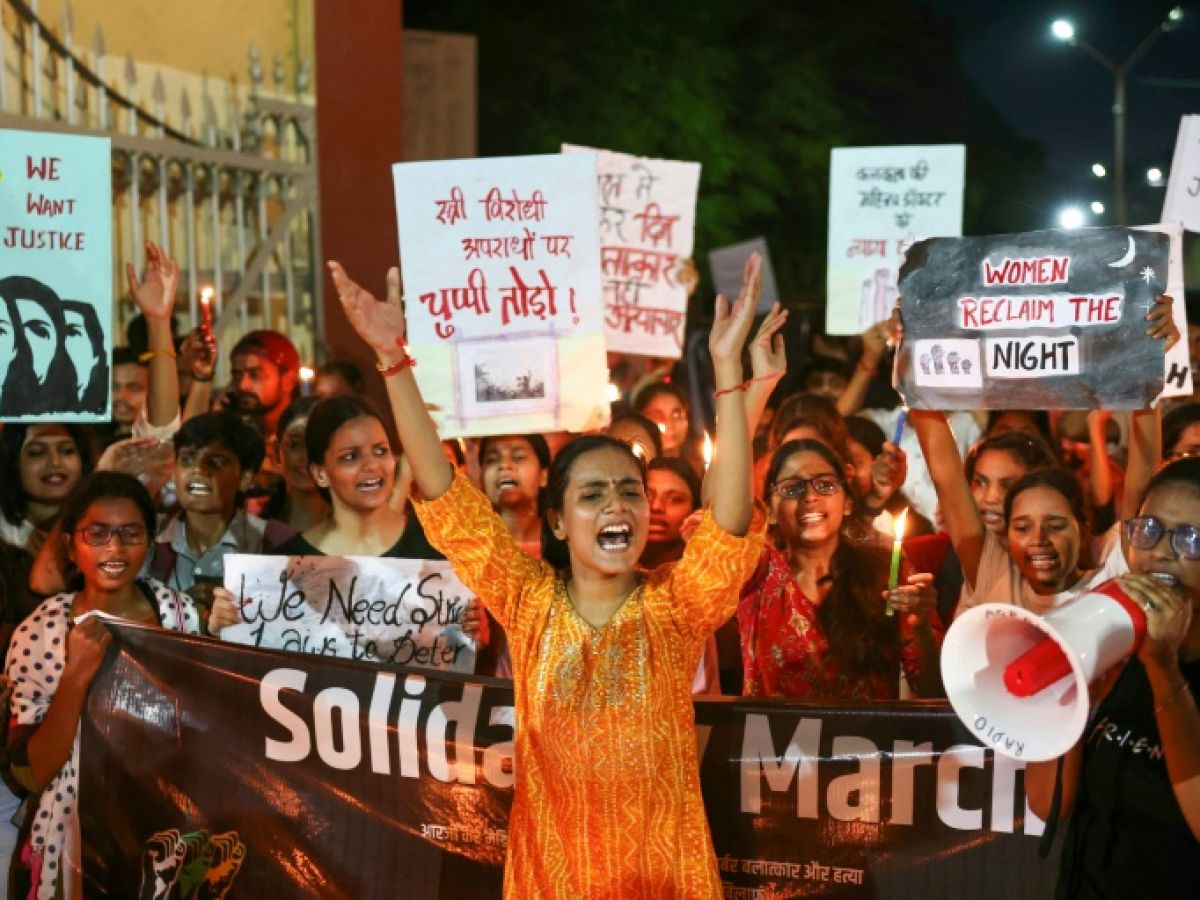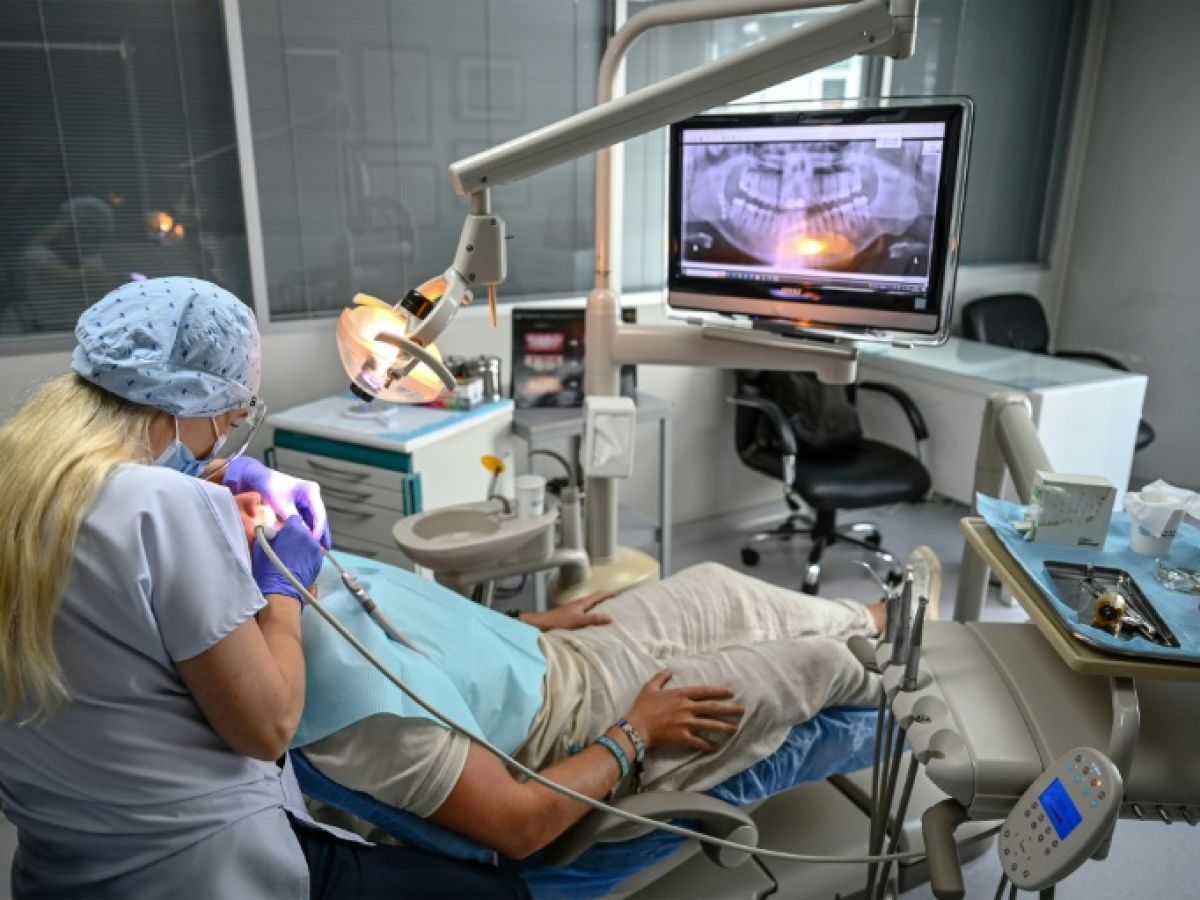India's Supreme Court on Tuesday ordered the creation of a task force to strengthen the security of medical workers following the rape and murder of a young doctor in Kolkata.
The president of the court, Dhananjaya Chandrachud, specified that this new body, composed of doctors, will have to prepare a plan for the prevention of violence in health establishments and a "protocol" to establish safe working conditions.
The discovery of the bloodied body of a 31-year-old doctor in a public hospital on August 9 has rekindled anger over the scourge of violence against women.

Following the murder, medical associations at Indian government hospitals demonstrated and went on strike, leading to the shutdown of non-essential healthcare in many cities.
These work stoppages affect patients who seek free treatment in the public sector, because they are too poor to afford private care.
– Queues –
In New Delhi, queues are growing at hospitals. Khatoon, 65, has been waiting for 10 days for an appointment at a public hospital in the capital for her 30-year-old son, who has a brain tumour and has been bedridden for four years. "His condition is not good at all," she told AFP, giving him a worried look.
"I don't know if this strike is for better or for worse. All I fear is that my son will die before the date (of the appointment)."

Rosy Khatoon, 35, sitting next to her husband, who has a colostomy bag because he suffers from stomach cancer, said the walkout was "unfair." "People are dying. How can this continue with so many patients suffering?" she said.
Protesters, who dubbed the murdered doctor "Abhaya" (the "Fearless One"), marched in Kolkata on Tuesday demanding "justice" as Supreme Court judges said in their ruling: "The brutality of the sexual assault and the nature of the crime have shocked the conscience of the nation."
The New Delhi-based court said it was compelled to intervene because "the lack of security standards in health care facilities in the face of violence against staff is a serious concern."
– “Don’t wait for another rape” –
"With little or no protection systems to ensure their safety, health professionals have become vulnerable to violence," added the Court, noting in particular the lack of video surveillance cameras and security personnel in medical care units.

The doctor killed in Kolkata was found in the seminar room of the hospital, suggesting she had gone there to rest during a 36-hour shift. Her parents suspect she was gang-raped.
"At a time when more and more women are joining the workforce in cutting-edge fields of knowledge and science, the nation has a vital interest in ensuring safe and dignified working conditions," the court insisted.
"The nation cannot wait for a rape or a murder to achieve real change on the ground," he insisted.
A man who worked at the hospital reception was arrested.
- " Violence " -
The latest attack has brought back memories of the gang rape and murder of a young woman on a bus in New Delhi in 2012.
Sexual violence against women is widespread in India, with an average of nearly 90 rapes per day reported in 2022 in the country of 1.4 billion people. And working conditions in some hospitals are dire.

The Supreme Court highlighted grueling 36-hour workdays where "even basic needs of sanitation, nutrition, hygiene and rest are not met."
It is also common in India for relatives to accuse health workers of negligence when a patient dies, with the court noting that such allegations are often "immediately followed by violence".
The court cited the case of a nurse in Bihar state who was pushed from the first floor of a hospital in May by the family of a pregnant patient who had died.
strs-bb/pjm/tym/sk/am/bds

